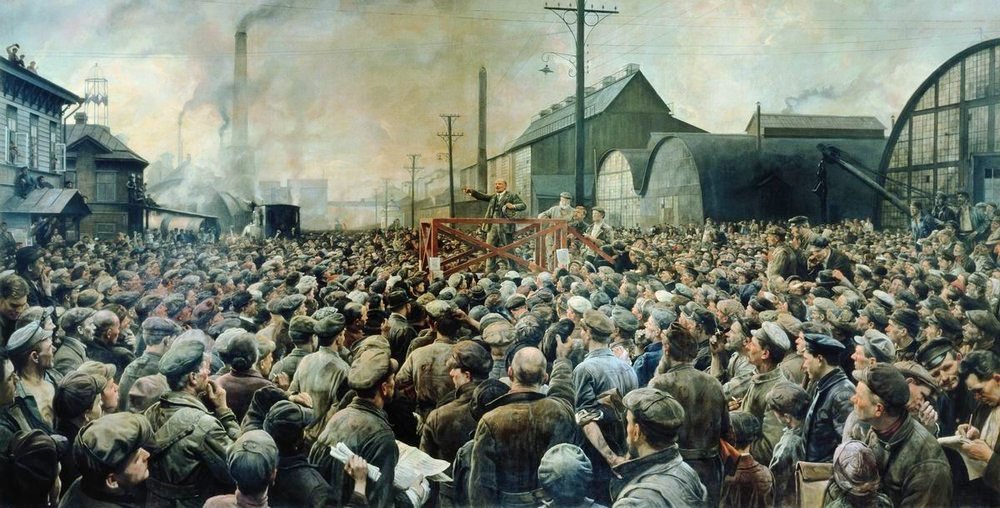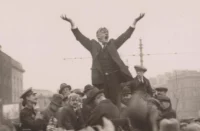To paraphrase and develop Marx, in certain conditions unions can be the schools of socialism for working people; but they are not socialist in themselves, and in fact only rarely act as such schools.
Unions are a product of their conditions. When craft unions dominated, it was the period of emerging capitalism and skilled craft production. They existed to defend the privileged skill of those workers. Under industrial capitalism, general industrial workers’ unions took the lead and were often resistant to new workers in the labour market, as this threatened their pay and conditions. And now, under servicing monopoly capitalism, we have seen the decline of industrial unions and the struggling-to-grow form of private servicing-sector trade unionism.
In recent issues of Socialist Voice there has been a healthy debate on the future of the trade union movement, union renewal, and the function and purpose of industrial relations legislation. This is to be welcomed. Socialist Voice provides space for constructive debate where union activists, officials and academics challenge ideas and push for a coherent strategy for communist trade unionists.
This debate is not new, and will never be resolved, as it itself represents the contradictions of unions with employers, of unions with the state, of unions with the Communist Party, and of workers within unions themselves. And that’s fine. In fact it’s a good thing.
There is nothing determined about the future of the trade union movement. We have the chance to shape it and, as communists, should seek to shape it. However, we do so in the context in which it exists and has been formed and developed.
The trade union movement will not be revolutionary, because its purpose and function is to compromise with capital. There has never been, and so we haven’t lost, a trade union movement that fights for the overthrow of capitalism.
Even the great union strikes that have come and gone, even general strikes, were not for ownership of the means of production: they were for defending pay and conditions, or for modest advances in pay and conditions. There is no amazing yesteryear of revolutionary trade unionism, and we shouldn’t hark back to a reality that didn’t exist.
Recent articles have touched on the subjects of strikes, legislation, the right to access, and bargaining. All legislation, in the existing state, is a compromise with capitalism. Sometimes it is a strong one, sometimes it is a weak one. As communists within the trade union movement we should be arguing for the strongest possible legislation to assist workers in combining, protecting and advancing their rights and conditions within capitalism. This will include the right to access, the right to bargain, and the right to strike. As pointed out, legislation so far has failed. But legislation itself is no panacea for the ills of the movement.
It is not impossible for left trade unionists to unite and push for the right of access, the right to bargain and the right to strike in a comprehensive radical programme for labour reform and where some parties, such as Sinn Féin, support parts of it and propose progressive legislation to support such rights. But make no mistake: repealing the 1990 act would not see a dramatic upsurge in strike activity. Providing for the right to access will not cure declining union membership. That is the struggle of trade unionists to engage with workers in their places of work and to develop demands with those workers that inspire belief in the ability to combine and the success that such combination can bring.






